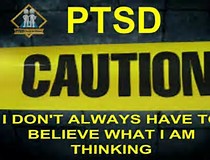OFFERING:
Mental Health Counseling/Substance Use Disorder Outpatient Therapy
Emergency Mental Health Assessments/Trauma Care (acute and chronic)
Substance Use Disorder Counseling
Adult and Minor Alcohol and Drug Evaluations
Co-Occurring outpatient therapy
CPP AND TF-CBT
Mental Health Counseling/Substance Use Disorder Outpatient Therapy
Emergency Mental Health Assessments/Trauma Care (acute and chronic)
Substance Use Disorder Counseling
Adult and Minor Alcohol and Drug Evaluations
Co-Occurring outpatient therapy
CPP AND TF-CBT





